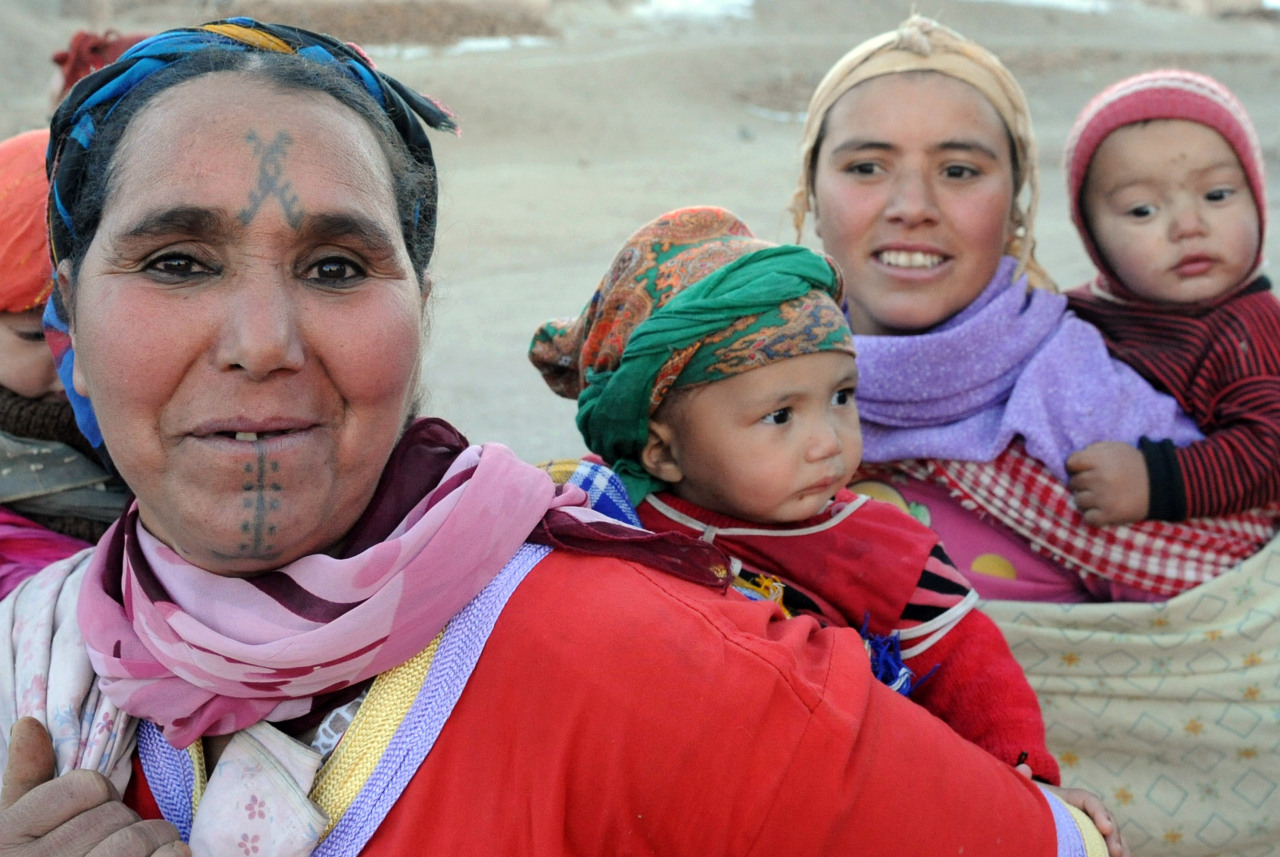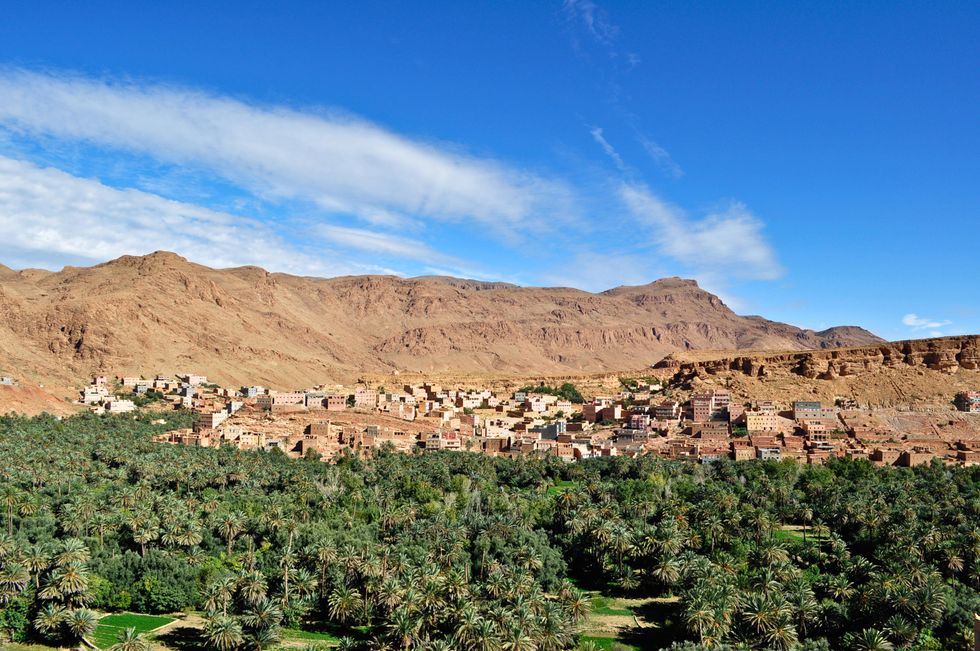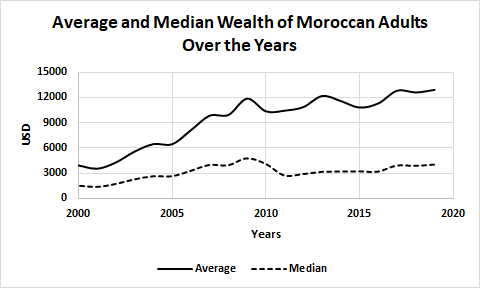Culture Endangerment and Vanishing Biodiversity in Morocco
Monday, October 24th, 2022By Makenna Smith
Endangered cultures are the threatened extinction of various cultures and languages in indigenous societies. Colonization and globalization contributed to this extinction of learning traditional customs in younger generations. In 2001, Morocco was struggling with the endangerment of the Berber culture. The Berber language was at risk of being lost as the Arabic language was growing in popularity in the country. About 60% of Moroccan citizens were Berber, but despite this vast majority, they were treated as less than the members of Arab culture. This division has led to discrimination and the marginalization of Berber people within Morocco. However, despite its initial treatment, Berber culture is currently thriving in Morocco and all fears of it disappearing have been lost.

Morocco also faces issues with the loss of biodiversity. 1,700 plants have been labeled as rare or threatened, which means there is a potential loss of 24% of plant diversity. There has been a major decline in biodiversity in all ecosystems within Morocco. This decline has been caused by human activity, growth in population, deforestation, overfishing, climate change and so much more. Morocco’s oases have been vanishing over the years and the once lush, green, flowing oasis is now dry, cracked, and basically gone. Many homes and jobs have been lost due to this decline in oasis life, as the resources it offered have now almost completely disappeared. As climate change continues to get worse, it is even more important to take action in conserving these rich, lively Moroccan lands.

Sources:
https://onlinelibrary.wiley.com/doi/10.1002/9781118924396.wbiea2054
https://www.sfgate.com/news/article/Morocco-s-Berbers-Battle-to-Keep-From-Losing-2941557.php
https://www.cbd.int/countries/profile/?country=ma
https://www.washingtonpost.com/world/interactive/2022/climate-change-morocco-oasis-disappearing/


























